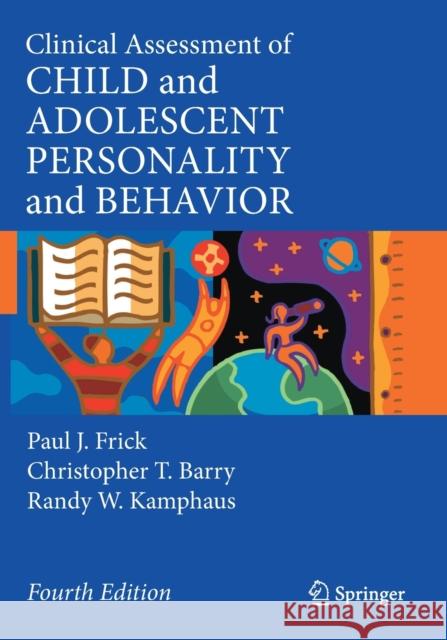Clinical Assessment of Child and Adolescent Personality and Behavior » książka
topmenu
Clinical Assessment of Child and Adolescent Personality and Behavior
ISBN-13: 9783030356972 / Angielski / Miękka / 2021 / 436 str.
Clinical Assessment of Child and Adolescent Personality and Behavior
ISBN-13: 9783030356972 / Angielski / Miękka / 2021 / 436 str.
cena 483,04
(netto: 460,04 VAT: 5%)
Najniższa cena z 30 dni: 346,96
(netto: 460,04 VAT: 5%)
Najniższa cena z 30 dni: 346,96
Termin realizacji zamówienia:
ok. 16-18 dni roboczych.
ok. 16-18 dni roboczych.
Darmowa dostawa!
Kategorie:
Kategorie BISAC:
Wydawca:
Springer
Język:
Angielski
ISBN-13:
9783030356972
Rok wydania:
2021
Wydanie:
2020
Ilość stron:
436
Waga:
0.78 kg
Wymiary:
25.4 x 17.78 x 2.36
Oprawa:
Miękka
Wolumenów:
01
Dodatkowe informacje:
Wydanie ilustrowane











